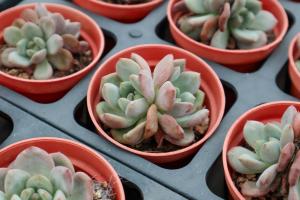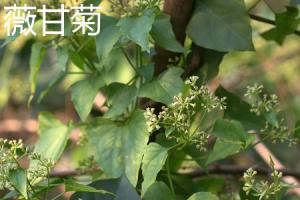How to Keep Ants Out of Your Plant Pots
Ants can quickly become a nuisance when they start nesting in your plant pots. Not only can they create unsightly mounds of dirt, but they can also harm your plants and invite other pests. Luckily, there are several ways to discourage ants from taking up residence in your plant pots. Read on to discover effective methods for keeping ants out of your plants.
Using Anti-Ant Products
One of the simplest ways to prevent ants from nesting in your plant pots is to use anti-ant products. These products usually come in the form of sprays or granules that you can apply to the soil. They work by creating a barrier that deters the ants from crawling into your plants.
Before using anti-ant products, be sure to read and follow the label instructions carefully. Some products may be harmful to plants, especially if used in large quantities or too frequently. Additionally, some products may not be safe for use in homes with children or pets.
Creating a Dry Environment
Ants love moisture, so keeping your plant soil dry can help deter them. Be sure not to overwater your plants and allow the soil to dry out between waterings. You can also try placing a layer of sand or gravel on top of the soil to create a drier surface that ants are less likely to inhabit.
Another way to create a dry environment is to place a saucer or dish under your plant pots. This will catch any excess water and prevent it from pooling around the base of the pot, which can attract ants.
Sealing the Entry Points
Ants can enter your plant pots through small gaps or holes in the pot or the soil. To prevent this, inspect your plant pots for any entry points and seal them off. You can use sealing compounds or caulks to fill small holes or gaps. For larger gaps, consider using a barrier material, such as copper mesh, to block the entryway.
It's important not to use materials that may harm your plants or prevent proper drainage. Also, be sure not to seal the bottom drainage holes of the pot, as this can cause excess water to accumulate and attract ants.
Keeping Your Environment Clean
Ants are attracted to food and debris, so keeping your environment clean can help deter them. After eating or preparing food, be sure to clean up any spills or crumbs. Wipe down surfaces regularly with soap and water and vacuum or sweep floors regularly.
Also, inspect your plant pots for any fallen leaves or other debris that may have accumulated. Remove any debris promptly to prevent it from becoming a food source for ants.
Conclusion
By using anti-ant products, maintaining a dry environment, sealing entry points, and keeping your environment clean, you can effectively prevent ants from nesting in your plant pots. With these simple steps, you can enjoy healthy plants and a pest-free environment in your home or garden.

 how many times do yo...
how many times do yo... how many planted tre...
how many planted tre... how many pine trees ...
how many pine trees ... how many pecan trees...
how many pecan trees... how many plants comp...
how many plants comp... how many plants can ...
how many plants can ... how many plants and ...
how many plants and ... how many pepper plan...
how many pepper plan...





























